
The cost of a cure: Patent rights and drug prices
Gilead’s cure for Hepatitis C presents a prime example of the complicated nature of the drug pricing debate, and how patent rights can help determine pricing.

Gilead’s cure for Hepatitis C presents a prime example of the complicated nature of the drug pricing debate, and how patent rights can help determine pricing.
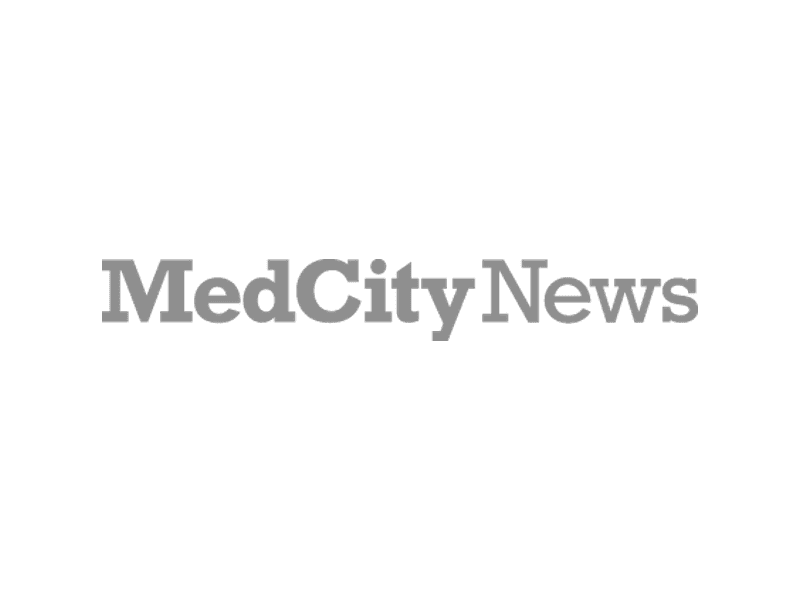
Gilead has released some early proof-of-concept data for its investigational ACC inhibitor for NASH, acquired in 2016 for $400 million and up to $800 million more in milestone payments.

As technology advances, AI-powered tools will increasingly reduce the administrative burdens on healthcare providers.
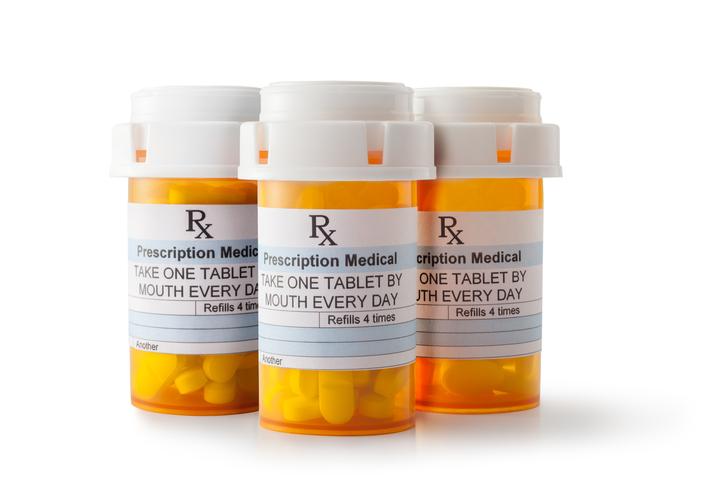
Two significant HIV announcements have already dropped at the Conference on Retroviruses and Opportunistic Infections in Seattle this week, courtesy of Gilead, GSK's ViiV Healthcare and J&J's Janssen Sciences Ireland.
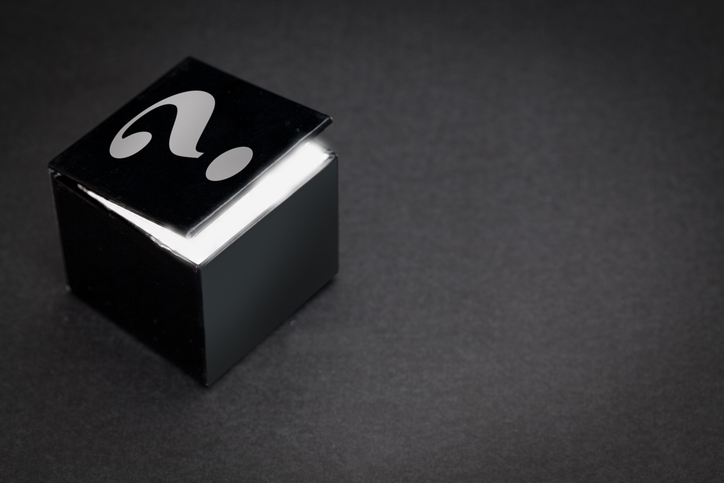
As sales of its hit Hep C drugs decline, Gilead faces an uncertain future. Where to next for a company defined by one blockbuster franchise?

The biotech industry has finally found its collective voice, signing an open letter condemning President Trump's ban on immigration from seven majority-Muslim nations. Some 166 industry leaders signed, though four out the five largest biotechs were absent.

A federal jury has awarded $2.54 billion in royalties to Merck, ruling against Gilead in a monumental patent infringement case involving two blockbuster hepatitis C drugs. The kicker? The judge has the power to triple that figure.
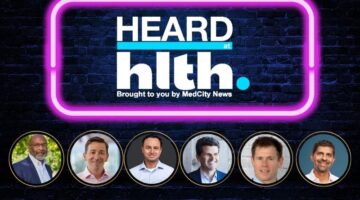
Executives from Imagine360, Verily, BrightInsight, Lantern, and Rhapsody shared their approaches to reducing healthcare costs and facilitating digital transformation.

Also, a reverse merger by Synta Pharmaceuticals and Madrigal Pharmaceuticals will create a company that focuses on non-alcoholic steatohepatitis and Kaiser Permanente has launched a biobank to develop new diagnoses and treatment plans.
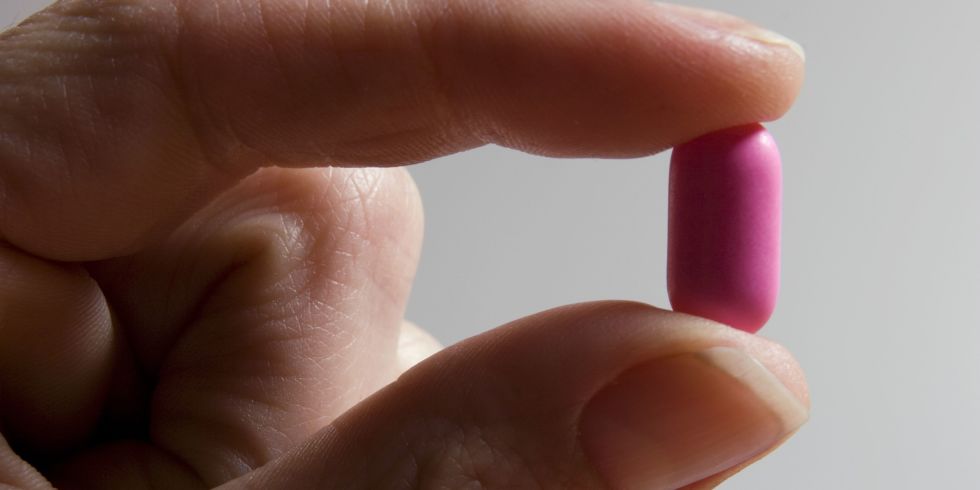
Also, Gilead made a deal worth up to $1.2 billion to acquire drugs that treat NASH and liver cancer.

Also, J. Craig Venter's crew has lab-engineered a species of bacteria out of the minimum level of genetic code.

Also, Anacor Pharmaceuticals announced that the FDA has accepted for review its New Drug Application, and FDA Commissioner Robert Califf outlined a tough new policy requiring drug companies to include blackbox labels on more than 100 types of painkillers.

The FDA issued an alert about the drug on Monday, and in the warning it warned healthcare professionals that the drug is not approved for previously untreated chronic lymphocytic leukemia.

Bioethics International just completed a study on transparency in the biopharmaceutical industry - and found it stunningly lacking, with Gilead and Sanofi the most egregious offenders. As a result, it's set up a new "Good Pharma Scorecard" to evaluate the ethics and legalities of drug approval.

How is drug effectiveness determined? How do formulary designs, coverage decisions by PBMs, and third party reviews assess the efficacy and effectiveness of drugs?

MedReps.com surveyed 1,400 members of the site’s community, who currently work or recently worked in medical sales, to determine which companies are the best to work for overall. Best medical device company: Medtronic. Stryker and Johnson & Johnson ranked second and third. Best pharma company: Johnson & Johnson. Pfizer and Eli Lilly ranked second and […]